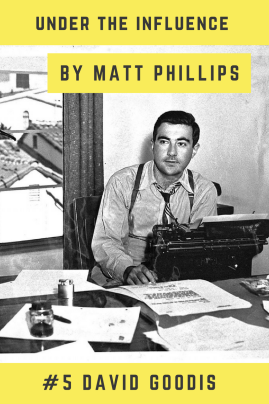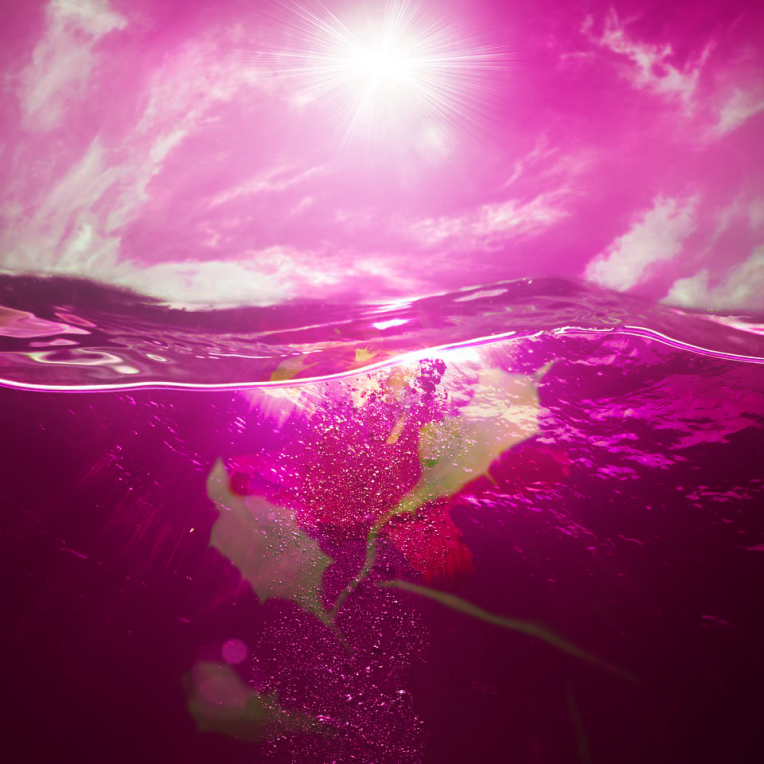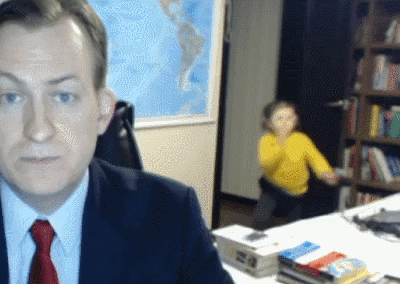A few months ago I read an article in a National paper written about a midwife working in South Auckland. In a Facebook post she had talked about the poor health of many children, young women impregnated by relatives, and the terrible living conditions she had witnessed. It went viral with 474 shares in the first week that she posted it.
Without naming anyone she described teenagers with “rickets, bronchiectasis from neglect, infections, damage from lifelong abuse and neglect, who have never had an education, have learning deficits because of it but also due to the environment to which they were subjected to in utero. Oh and they’re pregnant to their much older brother potentially, or their father, who knows.”
She was told to take her Facebook post down because the DHB feared it was breaching confidentiality. The Midwifery Board told her the issue would be referred to the Midwifery Council.
The ‘comments’ section of that online article was particularly interesting. A lot of, ‘I had no idea this was happening in our own country’ through to, ‘It’s lies, it’s not possible’ or, ‘It’s their own fault, they live like animals’. The sad truth is we see the same suffering and abuse here everyday.
People ask, ‘Why do they keep having babies when they can’t look after the ones they’ve already got?’
Well, come and take a closer look and then you’ll find out.
Every single one of the girls who attend our program for mums has or are currently experiencing sexual violence. Every. Single. One.
Think about that for a second.
Verbal and emotional violence are also a given. Rape is a part of life, usually a partner or relative.
Contraception is pricey. How are they expected to pay for it? Half the time their partner isn’t keen on using it anyway and more children are a sign of his prowess. Some of our girls take contraception in secret, fearing repercussions if their partner found out.
For other mothers having a baby feels to them like the only thing of value they can do with their own life, it’s their only decent prospect. It’s the done thing, it’s expected of them.
Many of our girls are dealing with post traumatic stress, high anxiety, panic attacks, moments of rage, for some struggles with addictions. Add a lack of or very little income, overcrowded and unsafe housing, domestic violence and debt then it’s entirely understandable given the day-to-day pressures they are living with that many of them have times of feeling overwhelmed.
It’s a mess.
We try to help, arranging for contraception for those who want it, bringing the agencies that can help to them, we run the program to cater to their specific needs and wants. We provide a good nutritious lunch for them and their tamariki, and now even eggs for them to take home, thanks to the generosity of a local egg farmer.
There will always be chancers and takers and those who appear ungrateful for what is offered to them, but does that mean we just give up on them? It’s taken years to build up the trust, to get to the point where these mums feel safe enough to open up about their struggles. The wait has been worth it though, we’ve seen myriad of positive changes for the majority of our girls and more than fifty percent of them are now in some form of counselling or therapy.
I’ve been utterly exhausted recently, for a variety of reasons, but will I stop doing this? Hell, no. I love these girls. They’ve got guts and courage. I admire them. Sure they make mistakes, and unwise choices sometimes, but who doesn’t? Childhood abuse echoes on.
But a terrible start in life doesn’t have to mean a terrible end. We have the chance to help change the cycle for the next generation, for their children. To achieve that more of us need to be prepared to get our hands dirty and be in it for the long haul.
It isn’t glamorous, it’s messy complicated work, there are plenty of times when it looks hopeless. But we are seeing a shift: Mums gaining confidence and a sense of self dignity, getting out of abusive relationships or into a safe warm home. They are receiving the help they need to finally deal with childhood trauma, getting good food for their kids, breaking free of the cycle of benefits and finding work, some even setting up their own businesses. There is a lot to celebrate and be grateful for.
They are up against it though.
The racism is a shocker. Being pakeha in a predominantly Maori community I experience reverse racism here regularly, but it’s mild in comparison to what these beautiful Maori girls experience. It’s shameful, the assumptions that are made.
It makes me angry, the arrogance – just because our skin is whiter automatically means we know better, apparently, that our culture and way of doing things is the best way, the only way.
What do we know? Why must we impose our white attitudes on the people of this land, those who were here first? Who said that was acceptable ? Who said our way is the right way? Who died and made us God? Who said we could stand in judgement?
These amazing ladies teach me so much. What a rich heritage and culture they embody.
A very small example of one of the lessons I, and many before me have been taught by Maori:
One of the early missionaries here in the Far North in the 1800’s wrote in his journal about the difference between the western concept of time and what he had witnessed in Maori culture, his observation was that for Maori, ‘Time is but a river you go fishing in.’
Having been here for a while now, I’d have to agree. It took me some time to grasp it, my western [you must be punctual for everything and meetings should be brief and to the point] attitude considered it an inconvenience, but now I see I was wrong. Connection with others and giving time to listen and be listened to is of far greater importance than keeping to a strict time frame and agenda. People are what matters.
But what do I know, I’m a foreigner. Those of you who are from here, you have a far deeper understanding of the cultural differences and complexities of national racism than I ever will, so please forgive my ignorance in thinking it’s that straightforward.
I’ve been immersed in this world in the Far North for more than four years now, and have a deep appreciation and love for Maori. So who knows, perhaps as an outsider I can see what some New Zealanders do not.
I was saddened by many of the comments made on that online newspaper article. I’m no stranger to witnessing ignorance, bigotry and xenophobia so the outright in-your-face racist replies in the comments section were no surprise to me, unfortunately. What saddened me more was the amount of people who wrote that they were shocked that they had no idea things were so bad for many others in their own country, their city, that they had just ‘buried…heads in the sand’.
But what gets me the most is that some of the pakeha New Zealanders I know are in complete denial that anything is wrong at all. Just this week I was told that the PROVEN fact that we as a nation have the highest rates of domestic violence and child abuse in the whole of the developed world is, ‘A total load of crap.’
Wake up!
You don’t believe me? Then please come and see for yourself.
If you want this country to change for the better then it’s time to stop. Stop burying, stop avoiding, stop colluding, stop pretending it doesn’t exist, stop making excuses as to why you can’t do something about it. Racism and white privilege is very much alive and well in New Zealand. Stop lying to yourself and one another that it is not, stop telling yourself that it’s got nothing to do with you. Because it has, it’s to do with all of us, we have a collective responsibility.
I cry for the girls who attend our program, but my tears are not enough. They are a start but that cannot be all: tears and anger are a call to action.
There are so many ways we can all help, be it through giving of our time, our finances, our skills, our listening ear, our desire to understand, rather than be understood. Our kindness. Our hearts. Our voice.
Please make a stand and speak out. Please don’t ignore it or just go quiet when you hear those you know speaking badly of others based upon the colour of their skin or cultural differences. Don’t be a jellyfish, grow a back bone and do something about it. choose to speak up for others.
Aotearoa deserves better. They deserve better. We all do.






